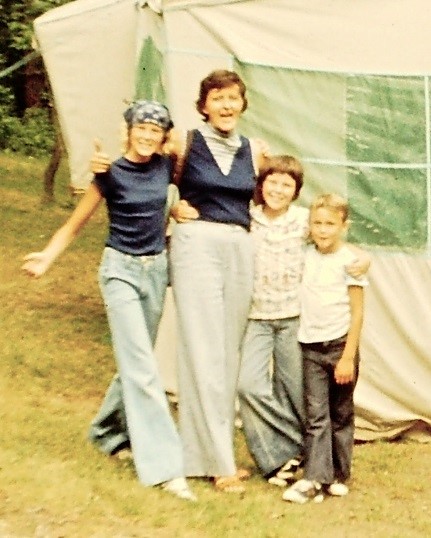Memory, Identity and Testimony
About a year after I joined USC Shoah Foundation, I was invited to be the keynote speaker at the Sarah and Chaim Neuberger Holocaust Education Centre’s Holocaust Education Week in Toronto. The theme that year was about memory and they had graciously invited me, the new Director of Education, to discuss memory in the context of the Institute’s education platform IWitness and testimony-based education.
In preparation, I listened to the memories shared by the witnesses and survivors whose testimonies are preserved in the Visual History Archive, and I referred to scholarship on the topic of memory. I decided to use something Richard Ned Lebow wrote in a book about the politics of memory in postwar Europe as the framing for the presentation:
Memory mediates between the present and the past. It lays the past to rest or keeps it alive; it binds communities together or keeps them from forming or tears them apart.
The quote was particularly powerful in the context of our work, I thought, given the way that students found personal relevance in the testimonies and made connections through those voices of the past to themselves and to each other. The memories in the archive mediated between past and present and helped form stronger communities.
As I presented evidence from our research that by engaging with testimonies students developed the knowledge, critical thinking capacities, literacies, empathy and broader worldview which in turn would lead to stronger communities of responsible citizens and showed clips of Pinchas Gutter’s testimony, I was aware of my parents in the audience.
 A photo my siblings with my mother and I.
A photo my siblings with my mother and I. Since that presentation, I have learned a great deal about memory – its types, its power and its failings. And about the way that personal memory contributes to identity in ourselves and in others.
And I learned a lot about my mother.
Perhaps because as I learned to listen to the memories in the Visual History Archive – difficult, beautiful, complex personal memories – I was able to hear my mother even as she was lost. Working with the testimonies in the Archive changed me, perhaps in the same way that it changes the students that we work with.
I am thankful that it happened and that I had those months of listening.
My mother passed away recently, and I am struck by how hard she endeavored to keep remembering, and how those flashes of memory bound her to her family, to her daughter, to her husband and to herself.